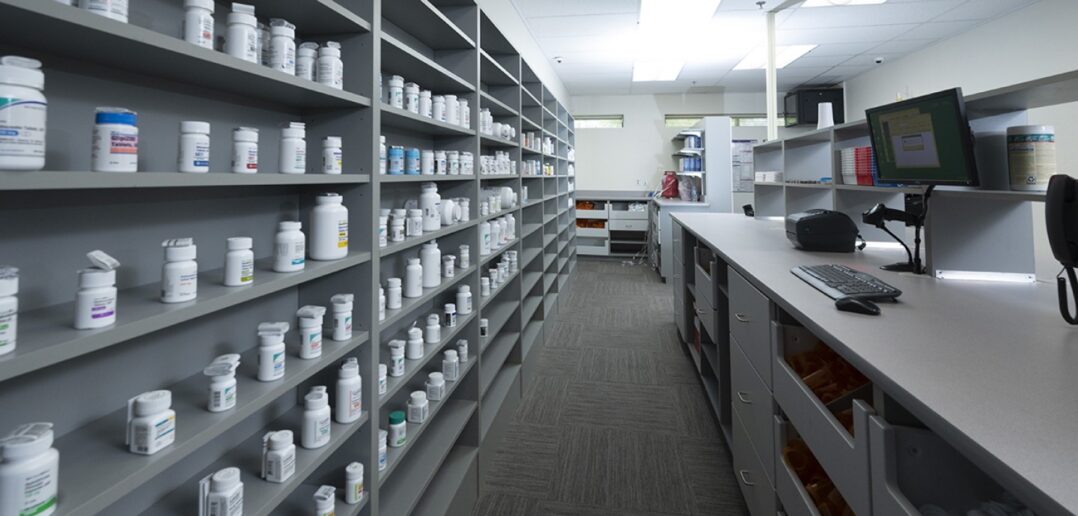Study shows patients can safely begin care in community pharmacies without physician visit.
A study from researchers at Brown University, Rhode Island Hospital, and the University of Rhode Island found that pharmacists—not just physicians at clinics and doctor’s offices—can safely and effectively start patients with opioid use disorder on the lifesaving medication buprenorphine.
“With over 100,000 overdose deaths in 2022 and an opioid crisis impacting states across the country, improving access to buprenorphine is a critical and necessary next step,” says Traci Green, PhD, lead study author and co-director of Rhode Island Hospital’s Center of Biomedical Research Excellence on Opioids and Overdose, which was established in 2018 to research innovations to address the opioid epidemic.
“Dramatically increasing capacity to provide good, lifesaving treatment for people with opioid use disorder through pharmacies is an approach that could be ramped up today,” says Green, who is also an adjunct associate professor of emergency medicine at Brown. “It’s a game changer.”
The first-of-its-kind pilot study, published in the New England Journal of Medicine, documents the experiences of 100 patients who started taking buprenorphine after visiting a specially trained pharmacist for their care. Once stabilized on the medication, 58 patients were randomly assigned to receive either continued care in the pharmacy or usual care in a clinic or physician’s office.
After one month, the patients in the pharmacy care group showed dramatically higher rates of retention: 25 patients (89 percent) continued to receive treatment in the pharmacy compared to five (17 percent) in the usual care group.
“To have so many people in the pharmacy group continue on with their care was completely unexpected,” Green says. “The results from this pilot study show how pharmacies can be an effective and viable pathway to treatment for opioid use disorder.”
A third of patients in the study identified as Black, Indigenous, or persons of color, and almost half were without a permanent residence.
“Considering overdose deaths are increasing the fastest among Black and Hispanic communities and over 1,500 Rhode Islanders are currently unhoused, pharmacy-based addiction care models could be a pathway to promote racial and economic equity in accessing addiction treatment,” says study author Josiah D. Rich, MD, MPH, a professor of medicine and of epidemiology at Brown.
“Treatment with medications can only work if it is available and accessible in the community,” says Rich, who is also an attending physician at The Miriam and Rhode Island hospitals. “Opioid use disorder is too often a lethal disease, and it kills by stigma and isolation. Widespread, equitable access to effective treatment is the answer. Our study showed that the pharmacy treatment model increases access, which benefits a diverse patient population and increases equity.”




